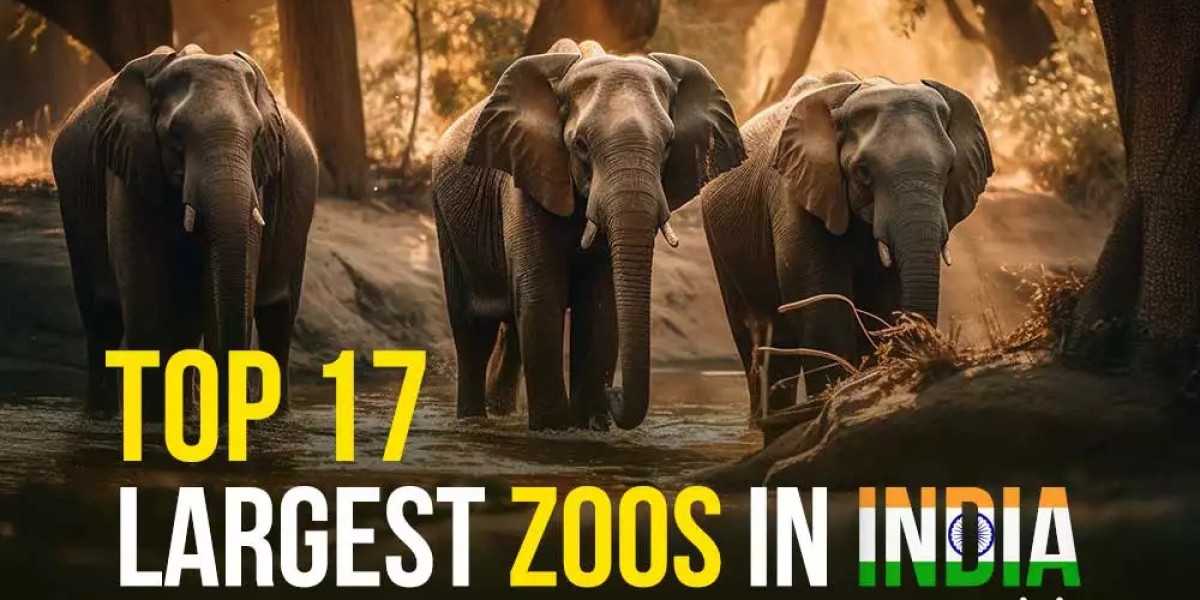The Vegan lifestyle has moved from the fringes to the mainstream, embraced by millions around the world for its ethical, environmental, and health benefits. More than just a dietary choice, veganism is a way of life that promotes kindness to animals, respect for the planet, and a commitment to personal well-being.
Whether motivated by animal rights, environmental concerns, or a desire for better health, adopting a vegan lifestyle offers a powerful way to live more consciously in today’s interconnected world.
What Is a Vegan Lifestyle?
A vegan lifestyle avoids the use of animal products in all forms. This includes:
- Diet: No meat, poultry, fish, dairy, eggs, or honey
- Clothing: No leather, wool, silk, or fur
- Personal care: Use of cruelty-free, plant-based cosmetics and hygiene products
- Entertainment and ethics: Avoiding zoos, circuses, and other industries that exploit animals
At its core, veganism is about minimizing harm to animals and choosing alternatives that promote compassion and sustainability.
Health Benefits of a Vegan Diet
A well-planned vegan diet can offer numerous health advantages. Plant-based eating is naturally rich in fiber, antioxidants, vitamins, and minerals while being lower in saturated fats and cholesterol.
Some notable health benefits include:
- Lower risk of heart disease
- Reduced risk of type 2 diabetes
- Better weight management
- Lower blood pressure and cholesterol
- Improved digestion and gut health
Many studies have shown that plant-based diets can help prevent, manage, or even reverse chronic diseases. However, like any diet, it's important to ensure nutritional balance—especially in areas like vitamin B12, iron, calcium, and omega-3s.
Environmental Impact
Animal agriculture is one of the leading contributors to climate change, deforestation, water pollution, and biodiversity loss. According to the United Nations, reducing meat and dairy consumption is one of the most effective ways individuals can lower their carbon footprint.
Key environmental benefits of veganism include:
- Significantly lower greenhouse gas emissions
- Less water and land use
- Reduced ocean dead zones and water contamination
- Preservation of forests and wildlife habitats
By choosing plant-based foods, individuals reduce demand for resource-intensive livestock farming, helping to protect ecosystems and natural resources for future generations.
Ethical Considerations
For many, veganism is rooted in animal rights and ethics. Modern factory farming often subjects animals to intense confinement, inhumane treatment, and premature death. Veganism challenges the idea that animals are here solely for human use.
Vegan advocates argue that animals are sentient beings capable of feeling pain, joy, and fear—and that they deserve to live free from exploitation. Choosing a vegan lifestyle is a statement against cruelty and in favor of a more compassionate world.
Common Myths About Veganism
Despite its growth, veganism is still misunderstood. Here are a few common myths debunked:
- “Vegan diets lack protein.”
Plant-based sources like lentils, tofu, beans, nuts, and quinoa provide plenty of protein. - “Veganism is expensive.”
While specialty vegan products can be pricey, staples like grains, legumes, and vegetables are affordable and widely available. - “Vegans can’t enjoy flavorful food.”
Vegan cuisine is diverse and delicious, drawing on flavors from around the globe.
How to Transition to a Vegan Lifestyle
Making the switch doesn’t have to be overwhelming. Here are some tips:
- Start gradually: Begin by replacing a few meals a week with plant-based options.
- Educate yourself: Learn about vegan nutrition, recipes, and ethical issues.
- Explore new foods: Try vegan versions of your favorite dishes.
- Connect with the community: Online groups, local meetups, and vegan blogs can offer support and inspiration.
Conclusion
The vegan lifestyle is more than a diet—it's a conscious way of living that aligns with values of compassion, sustainability, and health. Whether you choose to go fully vegan or start with small changes, each step makes a difference for animals, the environment, and your well-being. In a world facing serious ecological and ethical challenges, going vegan is a powerful way to be part of the solution.



